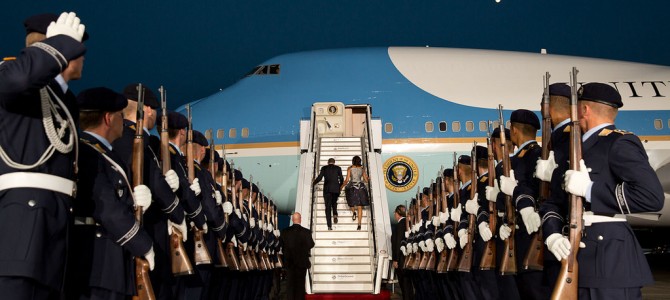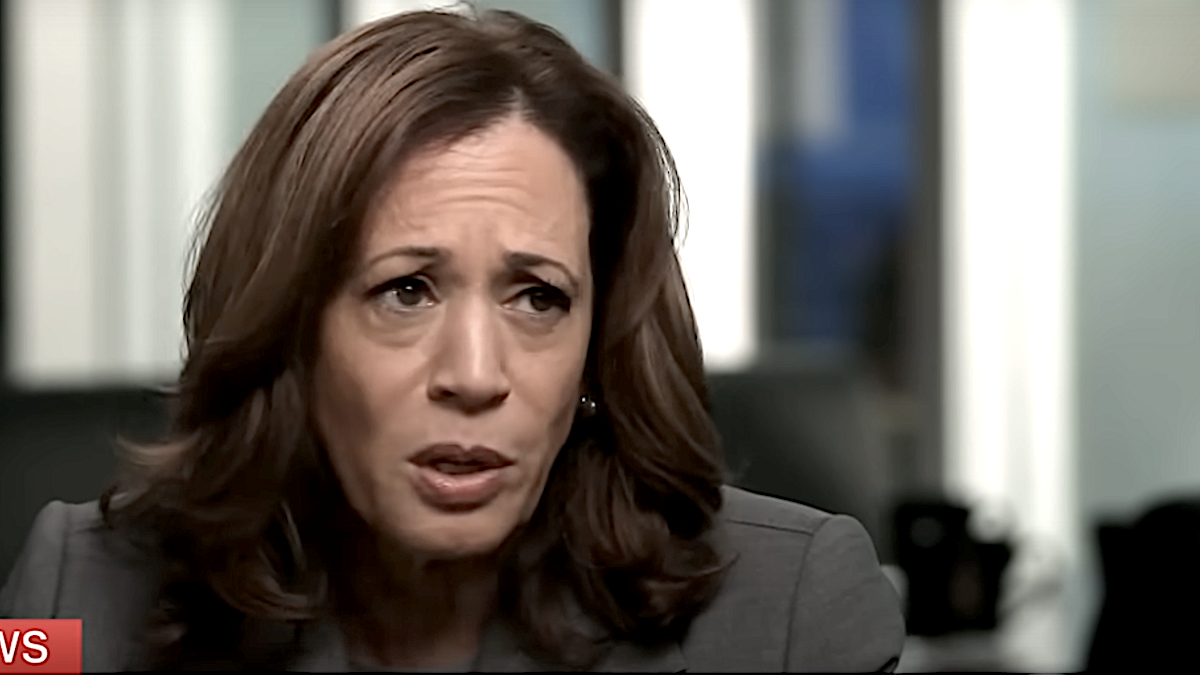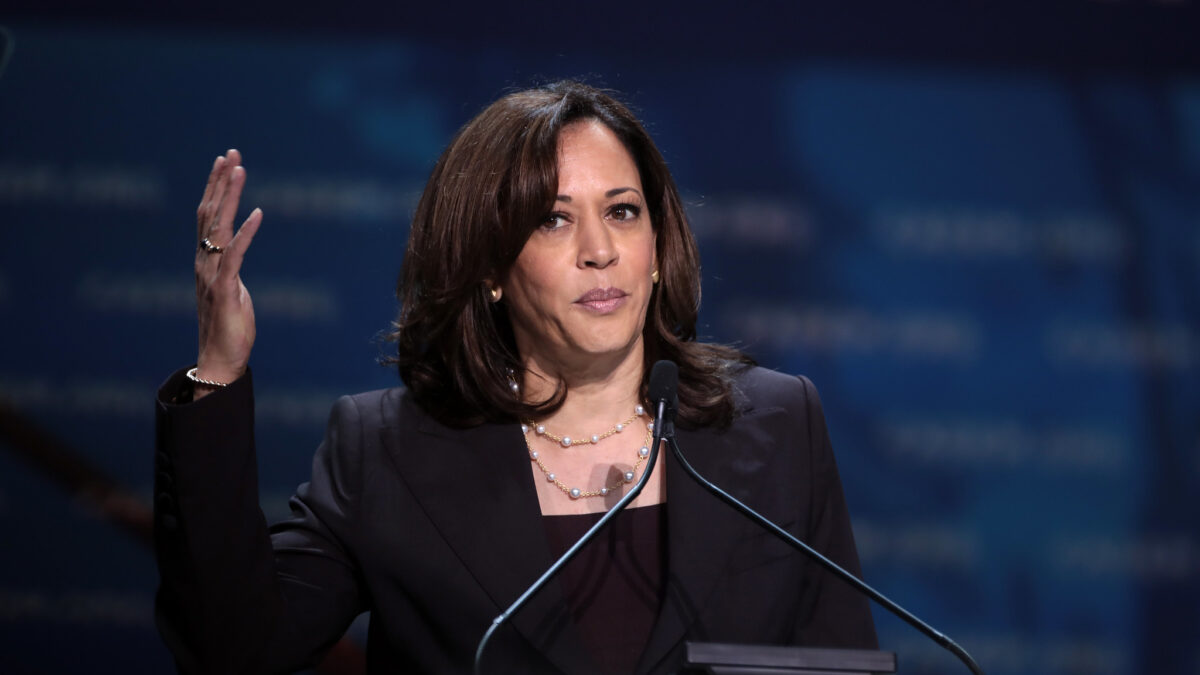
The events of the past week illustrate the degree to which Barack Obama has become a failed president.
When Obama burst onto the national scene, he almost immediately became an inspirational figure. His promise spoke to our hearts as Americans and our desire for dramatic change in the wake of the fractious Bush years. His personal story and his optimism about the future sounded an affirming and uplifting note at a time when Americans were losing their hope for what tomorrow could bring. For a moment, it seemed like the promise of a uniter, not a divider, could provide leadership which – whatever Obama’s personal ideology – could lead to a healthier politics and a less fractured society.
Obama’s tenure in office has turned all these hopes into despair – despair in the corruption of our institutions, in the capability of our government, in our ability to manage large systems and more. Consider just the events of the past few days: the slow-rolling scandal of how we care for our Veterans, full of mismanagement, denials, and a growing awareness that this problem was shoved under the rug for years; the White House’s decision to embark on a top-down monopartisan environmental policy which will squeeze the working class and make energy more expensive; and of course, Obama’s decision to trade five high ranking terrorists for an apparent American deserter in Afghanistan, a decision which directly ignores the law of the land and will almost certainly lead to future deaths.
In these arenas, we see the Obama administration at its worst: willing to engage in irresponsible and occasionally illegal acts, bowling their way through mismanagement and cronyism and the rule of law to achieve their aims, no matter the cost. It is the same approach they used in his single domestic policy achievement – Obamacare – and they have not stopped using it since.
And there will be costs. Not for Obama, of course – for him, there are no consequences except bad poll numbers. He doesn’t appear to care about those any more. But the latest CNN numbers are as grim as it gets. For Obama on the issues, the poll finds him on the wrong side of roughly 60 percent of Americans across the board: Economy 38-61, Health care 36-63, Foreign affairs 40-57, Budget 31-67, Immigration 35-61, Guns 33-64, Afghanistan 42-56, VA medical facilities 37-58, Ukraine 38-53. His overall approval is 43-55, down to 34-63 among independents. And when it comes to helping the middle class, the main issue Obama has trumpeted with his rhetoric on inequality and class division, he’s upside down to the tune of 40-58. But why would he care? Anna Wintour doesn’t.
So there are no consequences for Obama, other than the occasional dings of the press or jabs from Joel McHale or Jon Stewart. For his party, though, there could be other consequences at the ballot box in 2014 and 2016. The candidates know this – which is why on Obamacare, and on the EPA rules, and on Bergdahl, Democratic candidates in Kentucky and Georgia and elsewhere will be holding Obama at arm’s length, sticking to local issues and promises of pork. But that’s hard to do – John Dickerson has this comparison: “Imagine being a short-order cook in an earthquake. Every time you try to flip a burger or try to plate a fried egg, the freezer door flies open or the gas line gets knocked out. That’s what it’s like to be a Democrat running for the Senate this year. When you’re trying to keep voters focused on the local race, a national issue intrudes.” And not in a good way.
In the end, Obama’s legacy will not be a stronger Democratic party or a nation that is happier, more harmonious, and more free. People will not look back on these years as good for the country, for our politics or our people. And as for his policy legacy, the repeal of his only real domestic achievement of significance, Obamacare, will be a core issue accepted by every Republican presidential candidate in 2016. The opposition to Obamacare is motivated, but its supporters aren’t. And Republicans will absolutely make its deconstruction their central aim should they win.
Why did this happen? Why did Obama fail? The typical answer from the left is one of racism or bigotry or Republican extremism. More even-handed analysts seem to believe that Obama tried to do too much, that he was a poor technocrat or struggled with mismanagement, or that the job of the presidency is just too big.
But I would suggest it’s Obama’s inability to actually live up to his promise as a unifier of people which proved his undoing. Maybe it’s not his fault. Coming up in a Democratic state and a Democratic city, he lacked the ability to work across lines of ideology from the get-go, and if he failed to initially convince people to agree with him on something, he had no desire to keep working at it to convince them otherwise or the personal diplomacy to meet them halfway. Charlie Cook’s latest piece nods in the direction of this idea, but this line strikes me as off the mark: “The notion that “where you stand depends on where you sit” seems to cut little ice in our increasingly rigid society, when tolerance for different points of view is becoming increasingly rare.”
The real source of the problem Cook identifies isn’t universal intolerance for other points of view, but intolerance on one side of the debate for any legitimate reasoning to legislate according to their points of view. Where in the absence of national consensus conservatives reject federal law imposing something, typically favoring state level legislation instead, liberals in the Obama era cry racism or bigotry or worse. One side of the American body politic is willing to accept principled disagreement as a signal that an issue is either unsuited to or unripe for a federal response; while the other sees it as authorization to bypass the democratic process and impose their will by any means available.
Under the Constitution, the government is supposed to protect the rights of both the country mouse who opposes cap and trade and the Bergdahl swap equally. But we are seeing the left reject this more and more as it evolves into a formalizing religion of the state, under which error has no rights, dissent must be crushed, and the law can be ignored at whim. Barack Obama has helped drive that process, and that is the legacy he will leave.
“What embitters the world,” G.K. Chesterton wrote, “is not excess of criticism, but an absence of self-criticism.” The Obama of 2008 promised he would end divisiveness by bringing us together – instead, as president, he has sought to end divisiveness by forcing everyone to accept his views. And in the end, he has achieved neither.
Follow Ben on Twitter. Subscribe to his daily newsletter, The Transom.









